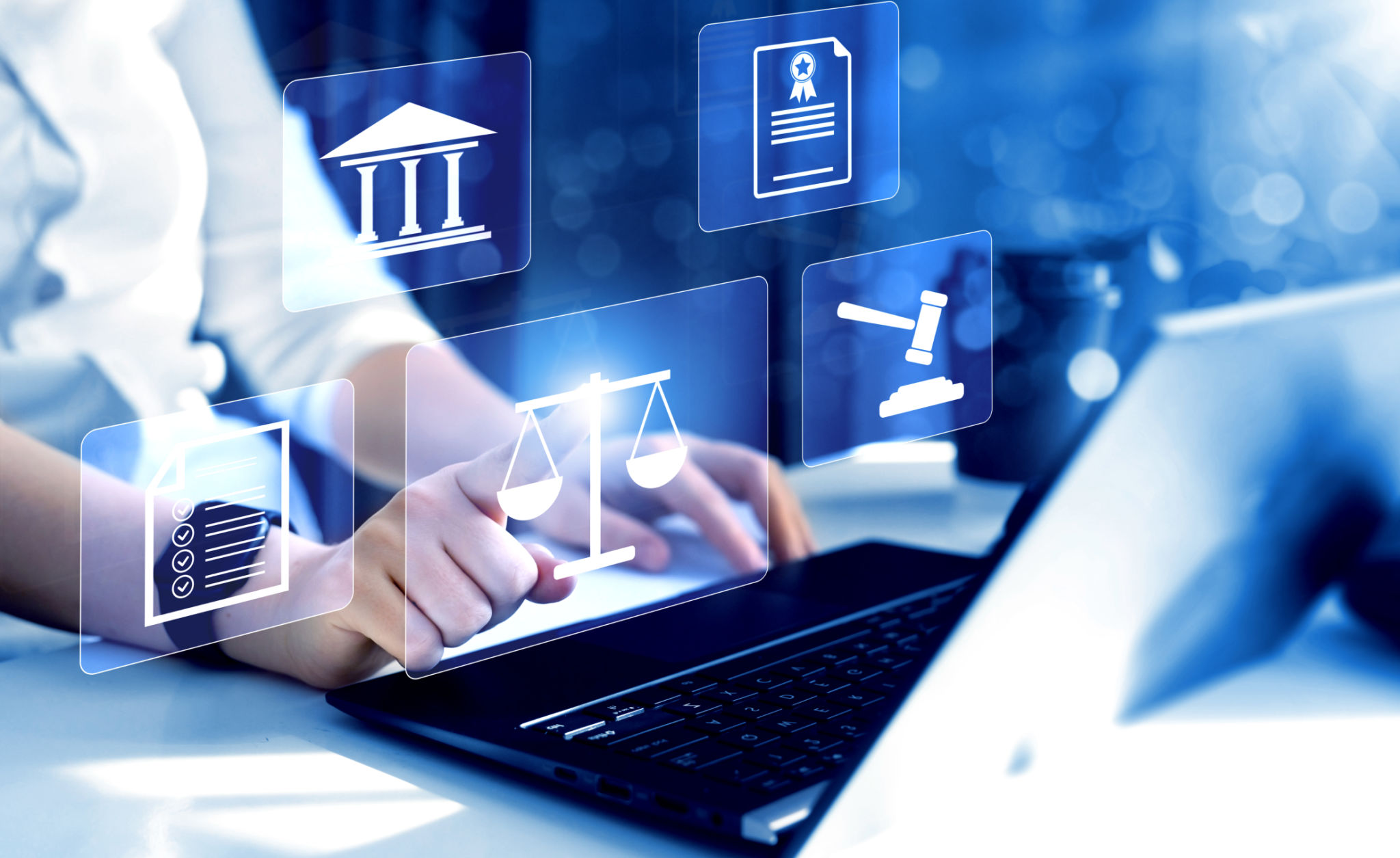The Role of AI in Modern Trademark Law: Innovations and Applications
Understanding the Basics of Trademark Law
Trademark law serves as a crucial mechanism for protecting brands, logos, and other identifiers that distinguish goods and services in the market. Its primary purpose is to prevent consumer confusion and ensure that businesses can build and maintain their reputations without infringement. In today's digital age, where commerce and branding have expanded rapidly, the role of technology, particularly Artificial Intelligence (AI), has become increasingly significant in modern trademark law.

The Role of AI in Trademark Search and Registration
One of the most significant innovations AI has brought to trademark law is in the area of trademark search and registration. Traditionally, this process was labor-intensive, involving meticulous searches through databases to ensure that a new trademark did not infringe on existing ones. AI streamlines this process by using sophisticated algorithms to quickly analyze vast amounts of data, providing more accurate and efficient results.
AI-powered tools can now offer real-time insights into trademark availability, reducing the time and cost associated with the registration process. They also enhance the ability to identify potential conflicts by examining not just exact matches but also phonetically similar or visually comparable trademarks.
AI in Trademark Infringement Detection
Trademark infringement is a significant concern for businesses, as it can dilute brand identity and lead to consumer confusion. AI technologies are now being used extensively to monitor online platforms and marketplaces for unauthorized use of trademarks. These tools can scan billions of web pages and digital content to detect possible infringements, alerting brand owners to potential threats.

Moreover, AI can evaluate the context in which a trademark is used, helping to distinguish between legitimate uses and potential violations. This capability significantly enhances enforcement strategies and helps businesses maintain their brand integrity in a dynamic online environment.
Enhancing Legal Decision-Making with AI
AI is also transforming legal decision-making in trademark law by offering predictive analytics and insights. These technologies can analyze past cases, legal precedents, and judgments to predict outcomes of trademark disputes. Lawyers and brand owners can leverage these insights to formulate more effective legal strategies and make informed decisions about pursuing litigation or settlements.
Furthermore, AI can assist in drafting legal documents by automating repetitive tasks, thus allowing legal professionals to focus on more complex aspects of case management. This shift not only improves efficiency but also reduces the risk of human error in legal processes.

Challenges and Ethical Considerations
Despite its benefits, the use of AI in trademark law also presents challenges and ethical considerations. Concerns around data privacy, algorithmic bias, and transparency must be addressed to ensure that AI applications are fair and reliable. It is crucial for legal professionals to understand how AI algorithms operate and ensure they comply with ethical standards.
Furthermore, there is a need for ongoing dialogue between technologists, legal experts, and policymakers to develop frameworks that guide the responsible use of AI in trademark law. This collaboration is essential to harness the full potential of AI while safeguarding the interests of all stakeholders involved.
The Future of AI in Trademark Law
The integration of AI into trademark law is still evolving, but its potential is vast. As technology continues to advance, we can expect even more sophisticated applications that will further revolutionize how trademarks are managed and protected. This evolution promises to make trademark law more accessible, efficient, and adaptive to the needs of modern commerce.
In conclusion, AI is playing a transformative role in modern trademark law. From enhancing search and registration processes to improving infringement detection and legal decision-making, its applications are diverse and impactful. However, navigating the challenges of implementing AI ethically will be key to realizing its full potential in this critical area of law.
